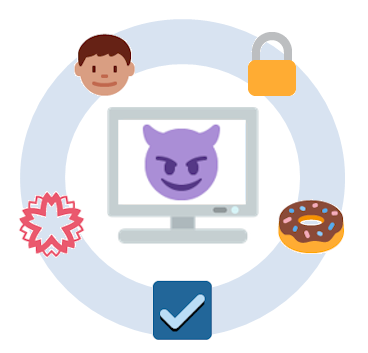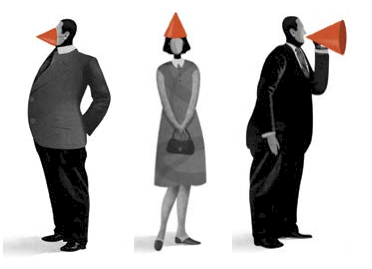Getting It Done – The Behavioral Way
Many people struggle to finish big projects. According to a 2020 survey, almost half of teleworkers had trouble getting motivated. Behavioral science can help! Here are some tips for accomplishing those daunting tasks.







